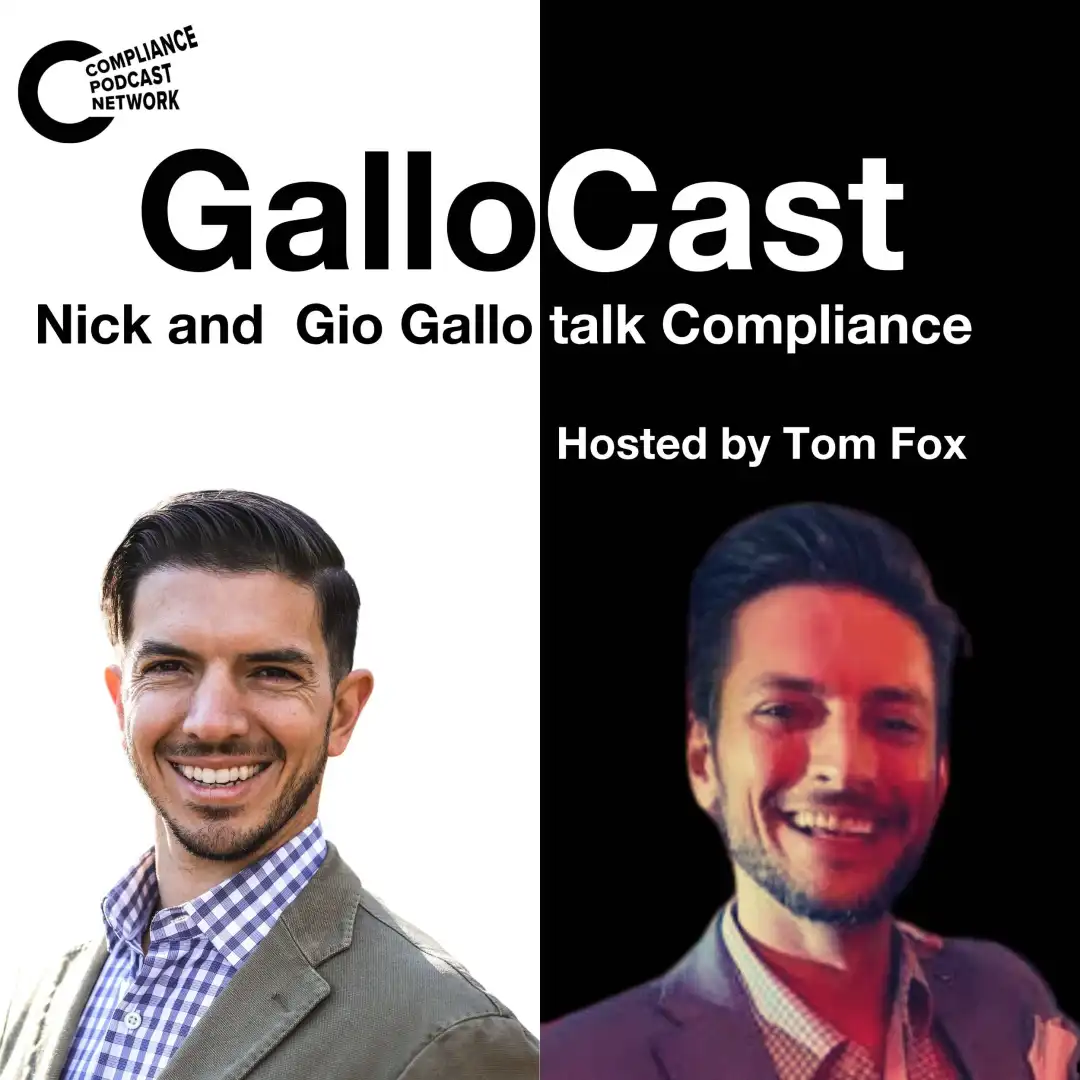We are now at a place where sufficient data, academic research, and actual use cases from corporations and businesses demonstrate that good ethics and compliance programs are not simply good for business, but when properly used, they lead to greater profitability.
For 15 years, Ethisphere has been collecting data around its World’s Most Ethical Company awards. Companies that receive this designation have been found to outperform their peers on various stock indices. Ethisphere calls this the “Ethics Premium.” Ethisphere Executive Vice President (EVP) Erica Salmon Byrne has noted, “In tracking how the stock prices of publicly traded honorees compare to the U.S. Large Cap Index, we found that listed World’s Most Ethical Companies outperformed the large cap sector.” In 2010, that number was a delta of 4.5%. Yet by 2020, that number had skyrocketed to 13.5%. Ethisphere has been on to something.
Academic research has also shown the efficacy of ethics and compliance programs. George Serafeim and Paul M. Healy demonstrated in their paper, An Analysis of Firm’s Self-Reported Anti-Corruption Efforts that companies with robust compliance programs do better financially in countries prone to corruption than companies with less effective compliance programs. Without a robust compliance program, even with high sales in a high-risk country, the sales will drop, leading to a negative Return on Equity (ROE) of between 24% and 30%.
Dr. Kyle Welch, Assistant Professor at George Washington University (GWU), in his paper, co-authored with Stephen Stubben, Associate Professor from The University of Utah, entitled “Evidence on the Use and Efficacy of Internal Whistleblowing Systems” (Report). In this paper, Welch and Stubben reviewed some 15 years of anonymized data from NAVEX Global, Inc. This data was from the company’s hotline reporting systems. Some of the key findings included that companies with a robust whistleblower and reporting system had greater profitability and workforce productivity as measured by Return on Assets (ROA), there were fewer material lawsuits brought against the company overall, and there were lower settlement costs if a lawsuit did occur. Finally, there were fewer external whistleblower reports to regulatory agencies and other authorities.
All of this leads to the key finding of reducing material litigation costs, and remember, this is not simply civil litigation but all reportable proceedings against a company, including regulatory enforcement actions, criminal sanctions sought by the Department of Justice (DOJ), and all other court proceedings. A material proceeding would have to be 5% of a company’s gross margin so the amount would be pretty high. Companies with robust whistleblower reporting systems also had 4% fewer pending lawsuits the year after increased hotline activity, improving to 6.9% fewer material lawsuits over the next three years. Additionally, overall litigation settlements of non-material matters dropped almost 20% over three years.
But the story does not end with data, numbers, or academic research. The corporate world is full of tales where a compliance solution was delivered, which made compliance more effective and improved business process efficiency and greater profitability. Data and information collected, which initially began as a compliance solution or project, can be used to improve business process efficiency. Delivering a compliance solution can enhance an overall business process. When you consider the compliance data points in every organization, from the Quote To Cash (QTC) sales cycle to the procure-to-pay (P2P) procurement cycle, you see how compliance can improve business efficiency and lead to greater profitability.
The bottom line is that creating a culture of trust that generates loyalty and passion generates productivity. Your employees are engaged and want to give their all. This means they seek opportunities to prove themselves by doing their best. Suppose you have a robust culture of speaking up, as discussed in this blog post. In that case, you will have motivated employees who can communicate business efficiency upgrades and new ideas for greater profitability.
Trust is a vital component of creating a productive and passionate company culture. Disrespect can damage trust and lead to a breakdown in employer-employee relationships. When employees feel trusted, they are empowered and motivated to give their best. This generates loyalty, passion, and productivity, creating a company culture that thrives and excels. Trust is morally right and financially smart, as it reduces worker disengagement and turnover costs. Having a robust ethos of speaking up in your organization will only drive better overall corporate culture.









